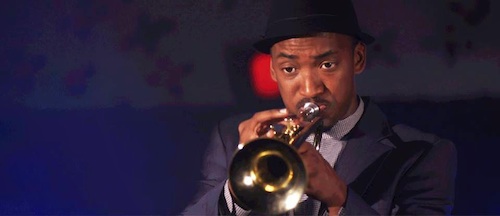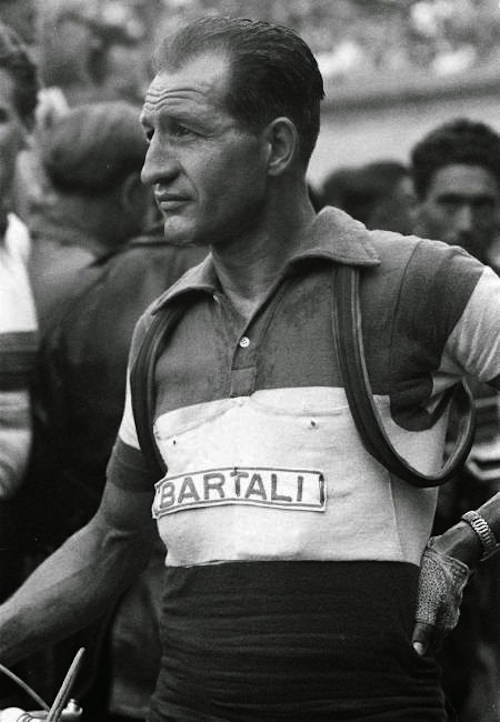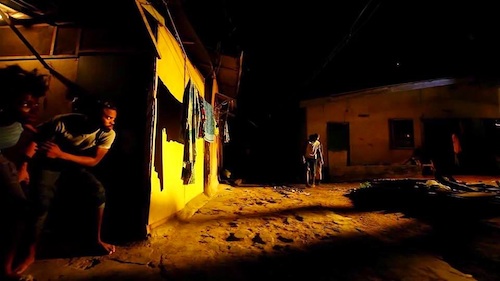By Joe Bendel. Dental issues are an occupational hazard for trumpeters. That’s why Louis Armstrong always recommended they develop a singing voice—to save on the chops. Unfortunately, David Johnson has more than his share of health concerns. Just when he starts booking gigs as a bandleader, his resurgent epilepsy threatens to permanently end his career in Neil Creque Williams’ short film David’s Reverie, which screened as part of the shorts program at BAM’s 2015 New Voices in Black Cinema.
During the first big club date Johnson books for his band, he collapses on stage. He thought his childhood surgery was supposed to prevent such seizures, but apparently it was not as successful as he hoped. Of course, the attending physician prescribes some medication, but Johnson fears the side effects that dulled his spectacular technique in the past. How much can he risk for the music—and will it be worth it?
Clocking in at about twenty minutes, Reverie is a real jazz drama rather than a narrative that uses jazz trappings for seasoning. Johnson’s arguments with his father about the relative importance of technique versus “feeling” really cuts to the core of jazz. Johnson has tons of Marsalis school chops, but he has yet to find his uniquely expressive voice. Williams has a strong, holistic understanding of the issues and challenges surrounding the music. You have to wonder if he is somehow related to Neal (with an “a”) Creque, the soul jazz organist and keyboard player. Regardless, it is always a good sign when a film has a jazz consultant (Supa Lowery Brothers in this case).

Brandon Fobbs (a former regular on The Wire) is terrific as Johnson. He has the sharp, Wynton-esque “Young Lions” look down cold, but also connects on a deeper level, expressing Johnson’s insecurities and resentments. His scenes with Mark E. Ridley as his musician father and Channing Godfrey Peoples as the band’s saxophonist are as good as anything you’ll see in any award-trolling feature.
Reverie will resonate for anyone who knows someone struggling to make it on the jazz scene. It is a very human and humane film that once again reminds us life is not fair. Highly recommended, David’s Reverie screened at BAM, as part of the New Voices in Black Cinema short film program.
LFM GRADE: A-
Posted on March 30th, 2015 at 10:59pm.




